Eliso (1928)
ジャンル : ドラマ, 履歴, ロマンス, 戦争, アドベンチャー
上映時間 : 1時間 30分
演出 : Nikoloz Shengelaia
シノプシス
Georgia, 1864. The Tsarist regime is using Cossacks to forcibly resettle Muslim Georgians to Turkey in order to steal their land. Meanwhile a Muslim girl falls in love with a Christian from the next village.
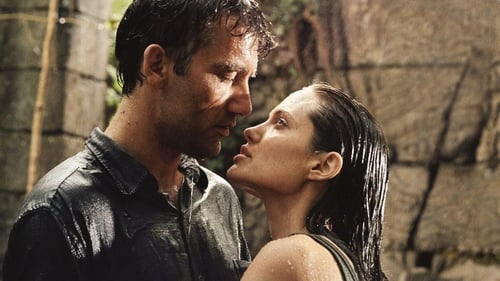
英国社交界のサラが、慈善パーティで青年医師ニックと出会う。この瞬間にも命を落としている子供たちがいると聞いたサラは、エチオピアへと向かった……。極限状況での救援活動を描いた超大作。

A loose remake of “12 Angry Men”, “12” is set in contemporary Moscow where 12 very different men must unanimously decide the fate of a young Chechen accused of murdering his step-father, a Russian army officer. Consigned to a makeshift jury room in a school gymnasium, one by one each man takes center stage to confront, connect, and confess while the accused awaits a verdict and revisits his heartbreaking journey through war in flashbacks.
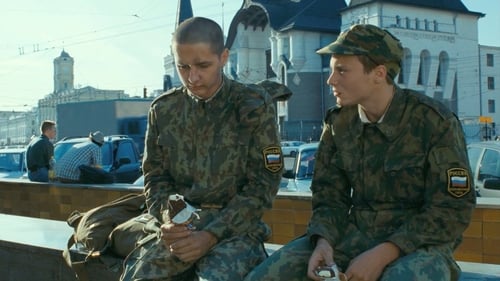
During the bloody war in Chechnya, a British couple and two Russian soldiers are taken hostage by Chechen rebels. Two of the hostages are then released to bring the money for the British woman who is forced to wait for the ransom.

Two Russian soldiers, one battle-seasoned and the other barely into his boots and uniform, are taken prisoner by an anxious Islamic father from a remote village hoping to trade them for his captured son.
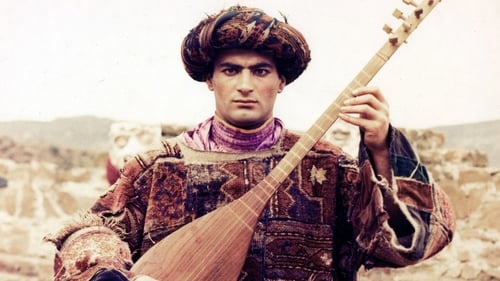
Wandering minstrel Ashik Kerib falls in love with a rich merchant's daughter, but is spurned by her father and forced to roam the world for a thousand and one nights. Now presumed dead by those he loves, he performs for the poor and unfortunate on his journeys through the wilderness. Parajanov's visually ravishing 'tableaux vivants' tell Lermontov's romantic tale while Turkish and Azerbaijani folk songs transport us into its mystical landscapes.

This is a story about the battle for a hospital building in Grozny (Chechnya) in January 1995 between Russian Army forces and Chechen rebels supported by Arabian mujahideen and international mercenaries. Although the story is fictional, most of the characters are based on real-life prototypes and events are the compilation of true events during the Grozny Siege in the First Chechen War.

This poetic parable is part of Tenghiz Abuladze’s cinematic triptych: “The Supplication” – “The Wishing Tree” – “Repentance”. The place is Georgia at the beginning of the 20th century. That’s how director Tenghiz Abuladze described his film: “’The Wishing Tree’ is a film about the people lit up by a dream. Every character has its own ideal. One is worshipping the skies, another the earth, some idolize the body, others elevate the spirit. Some destroy the body, others the soul…” Marita, the film’s heroine, arrived here to live with her aunt. She meets a poor young lad, Gedia, and falls in love with him. But her relatives are determined to marry the girl off to a local rich man…

Jim Jacobs and Nick Carlton, childhood friends, are CIA operatives on a sting operation in Chechnya. The raid of a rebel militia group goes bad and the entire teams gets wiped out except for Jim and Nick, who manages to save them both. Five years later, they are out of the CIA game.

A filmmaker from England is hired to direct an epic production in the Caucasus region of Europe.
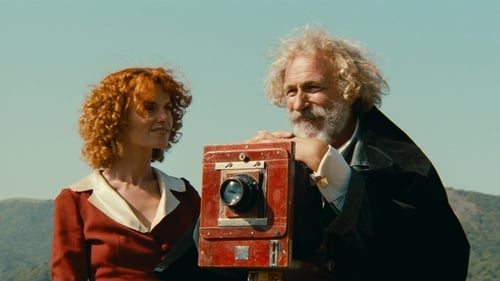
The story of Pascal Ichak, a larger-than-life French traveller, bon vivant, and chef, who falls in love with Georgia and a Georgian princess in the early 1920s. All is well until the arrival of the Red Army of the Caucasus, as the Soviet revolution that has swept Russian comes to Georgia. Told as a flashback from the present, as a French-Georgian man whose mother was Pascal's lover translates his memoirs for Pascal's niece.

Georgia, 1864. The Tsarist regime is using Cossacks to forcibly resettle Muslim Georgians to Turkey in order to steal their land. Meanwhile a Muslim girl falls in love with a Christian from the next village.

Georgian and foreign alpinists make an effort to ascend a high mountain. The weather is inclement making their effort extremely perilous. Every step on the snow-covered trail is precarious. Professionalism, firmness and compassion have far more value than the physical ability.

They’ve become the human face of inhuman barbarity. Leaders like Hitler, Idi Amin Dada, Stalin, Kim Jong Il, Saddam Hussein, Nicolae Ceausescu, Bokassa, Muammar Kadhafi, Khomeini, Mussolini and Franco governed their countries completely cut off from reality. These paranoid leaders were driven to abuse their power by the pathology of power itself. Dictators are driven by a relentless, thought-out determination to impose themselves as infallible, all-knowing and all-powerful beings. But they are also men ruled by their caprices, uncontrollable impulses, and reckless fits of frenzy, which paradoxically render them as human as anyone else. The abuses they committed were clearly atrocious, yet some of them were as outlandish as the characters portrayed in the film The Dictator. They sunk to depths worthy of Kafka: so incredibly absurd, they are outrageously funny.
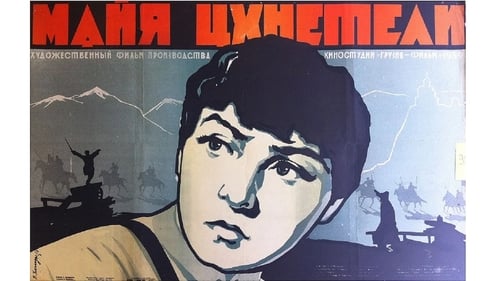
A young girl named Maia disguises herself as a boy in order to fight against the enemies of her country.

An auteur-director who wishes to make a documentary about Armenia imagines a fictitious character that has the ability to travel through bodies. The latter will alternatively embody: a young farmer that dreams to flee from the countryside to more urban spheres, a prostitute who is a survivor of rape, a narcissistic client, a fallen artist and finally, a resisting deserter.

As Russian tanks advance over the plains of Chechnya, a group of Russian mothers search for the sons, conscripts from the ill-fated 131st Brigade, they believe have been captured by the Chechens. They place their trust in Colonel Kosov, a Russian liaison officer responsible for organising prisoner exchanges across the front line.

In Georgia, in the middle of a desert, on the hottest day of summer two water-melon sellers cross paths.

Alexander Nevzorov's documentary of the storming of Grozny in 1994-95

Short documentary about Russian special forces during the Third Battle of Grozny during the First Chechen War















